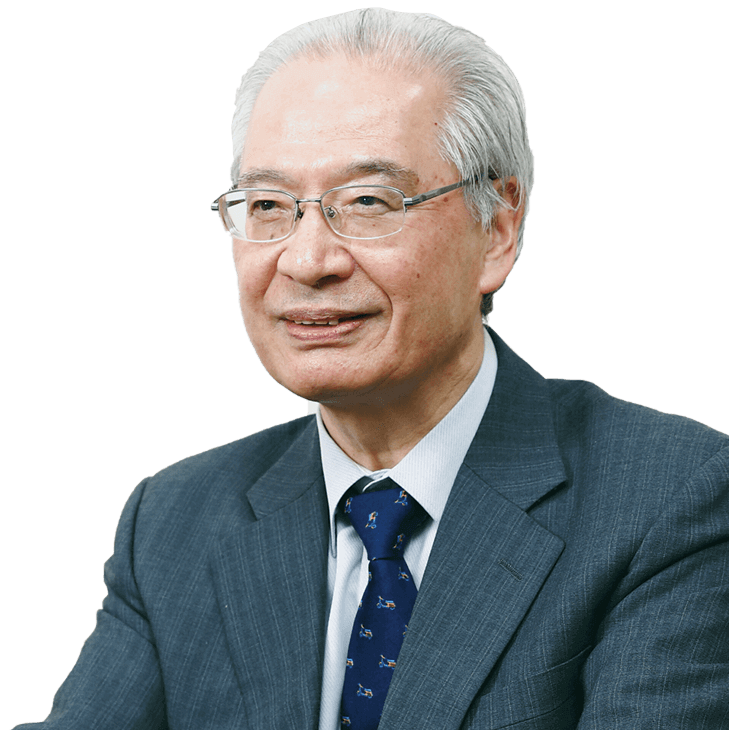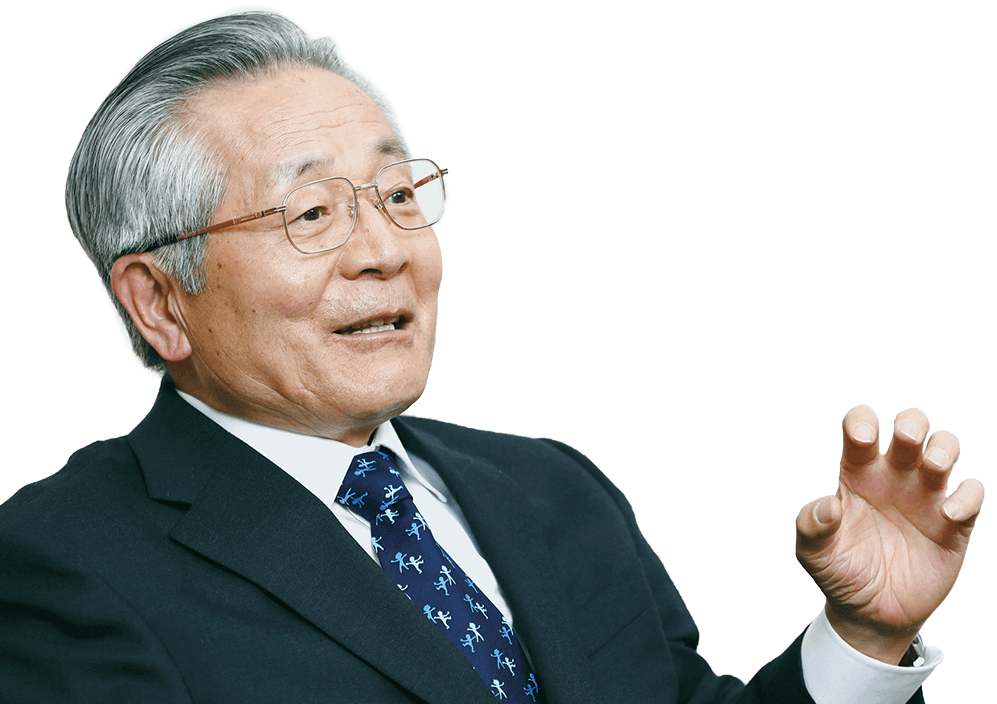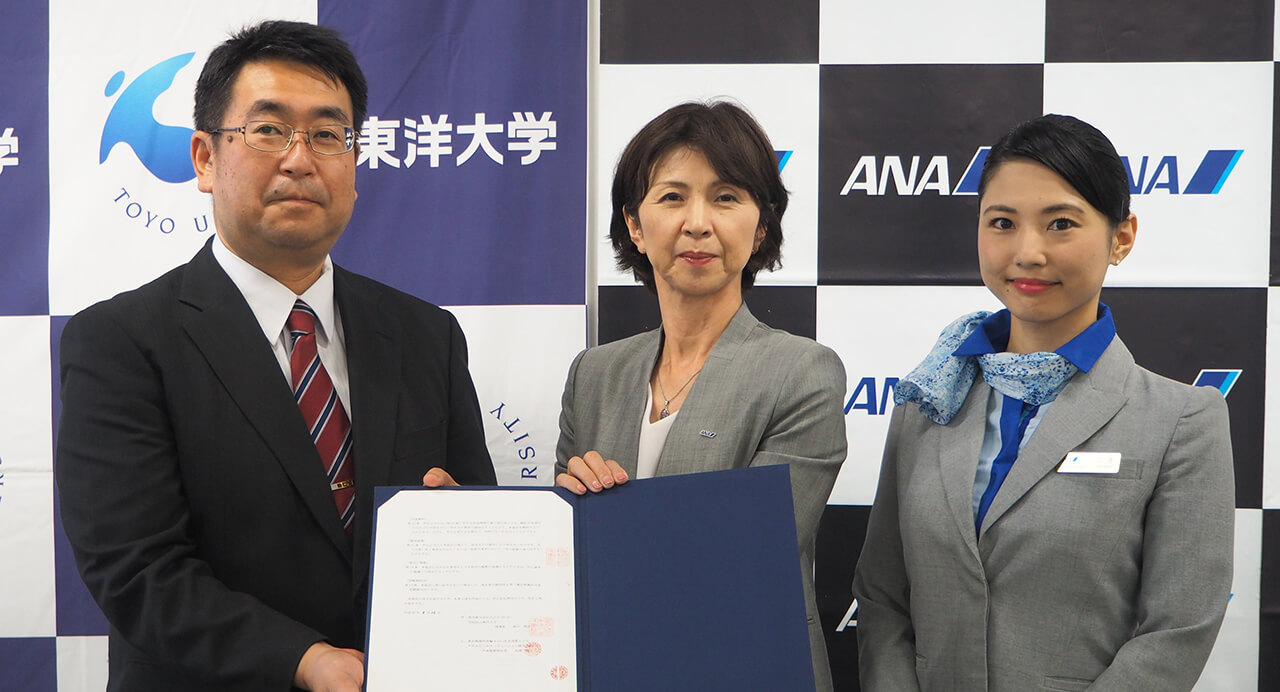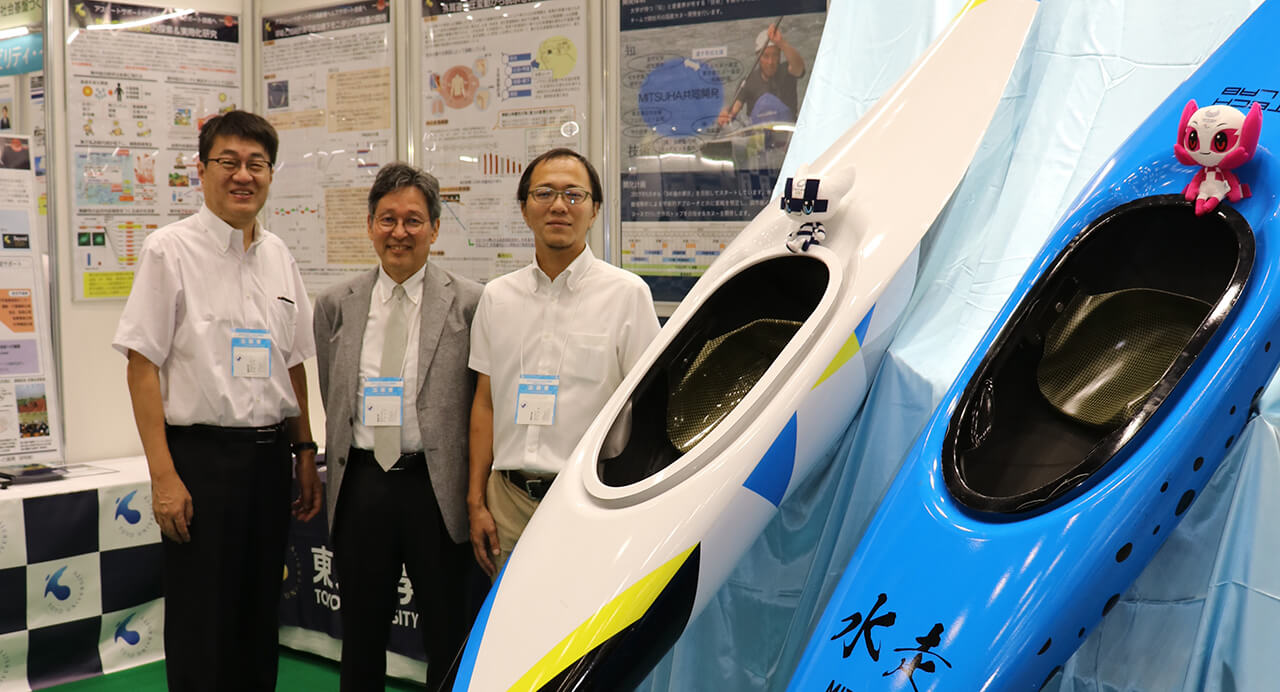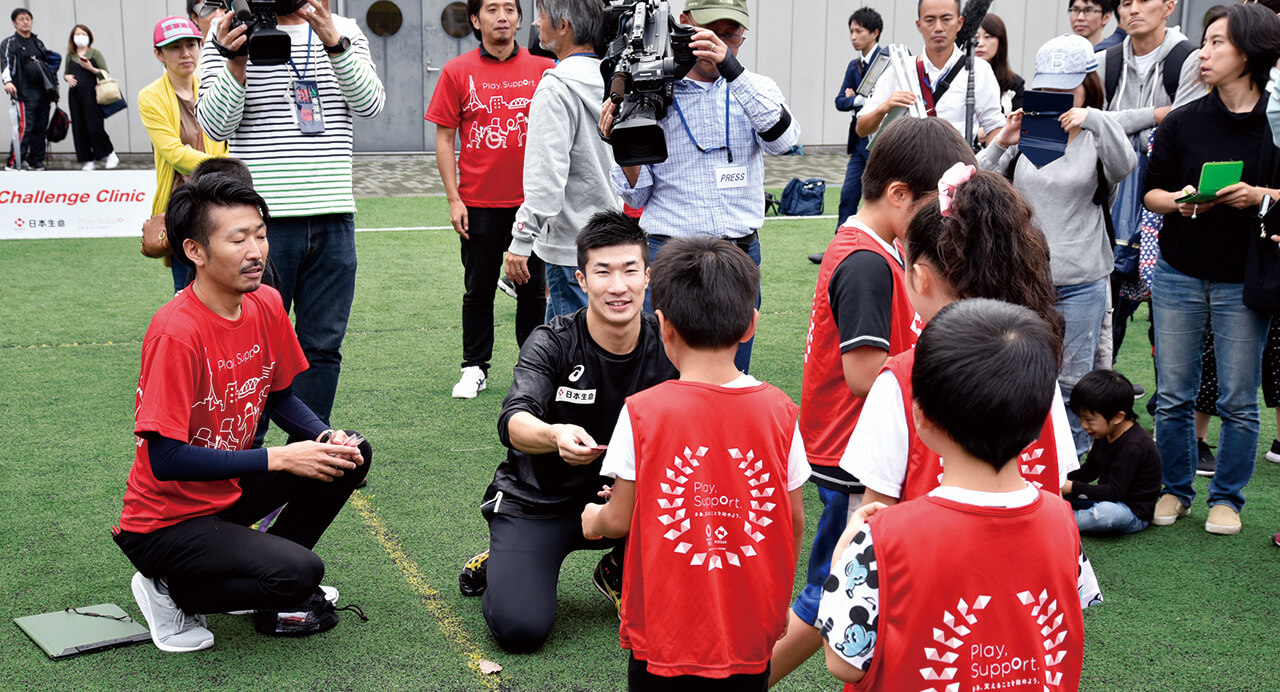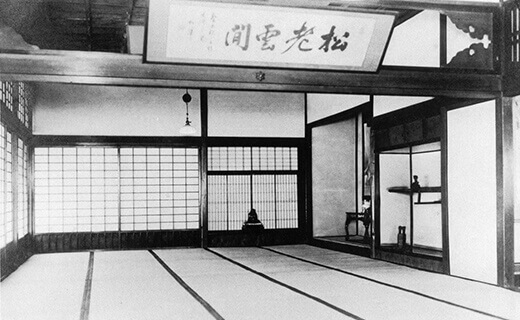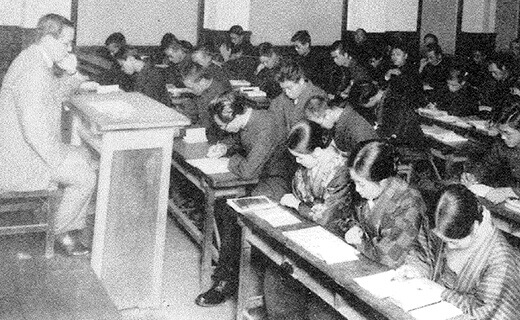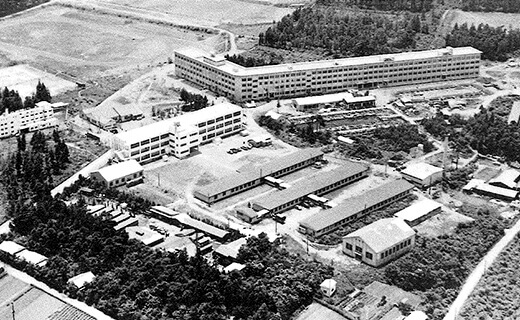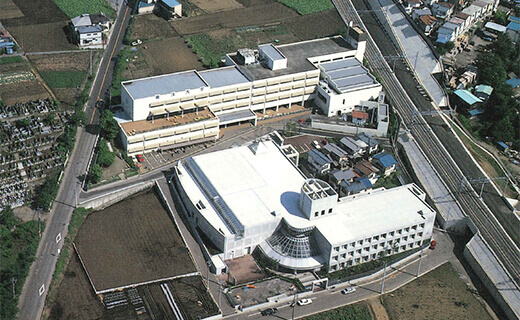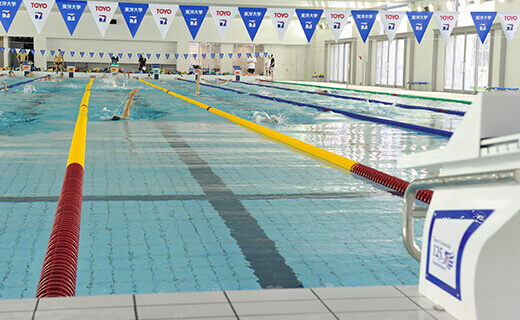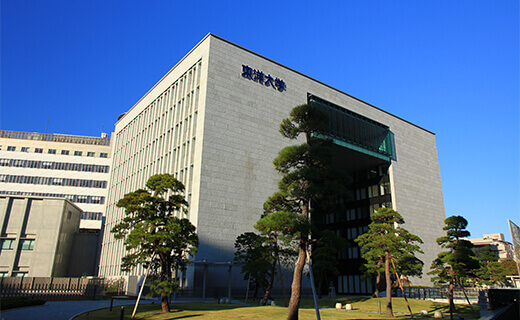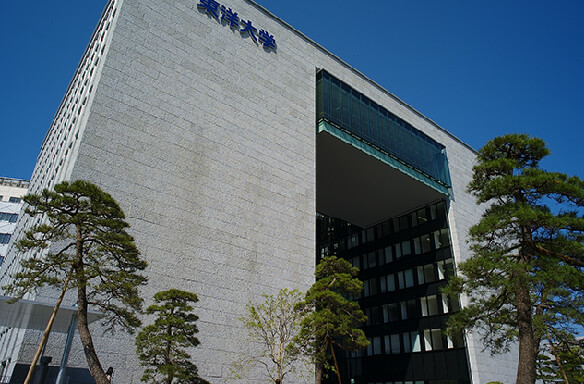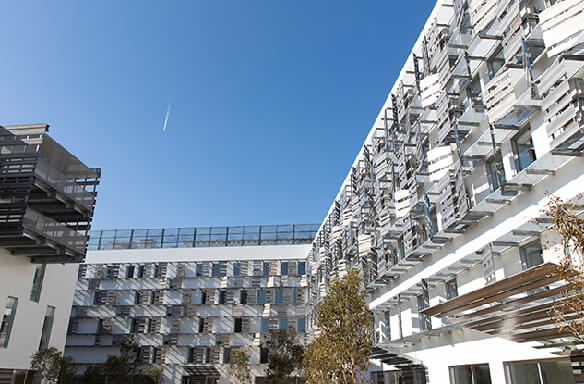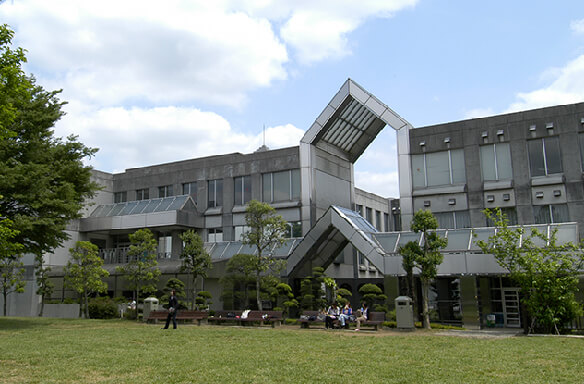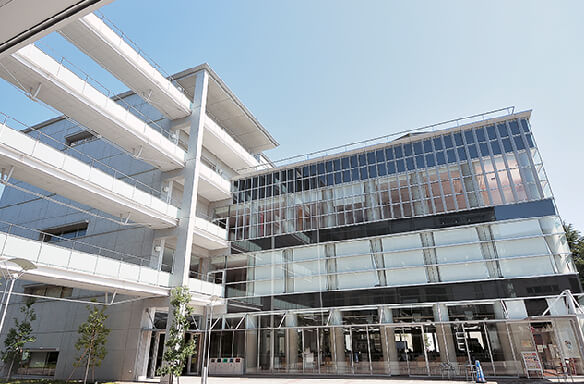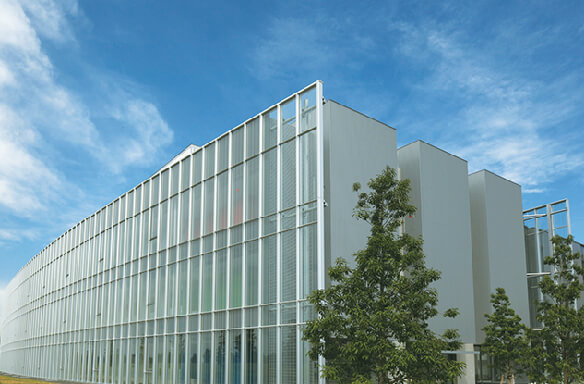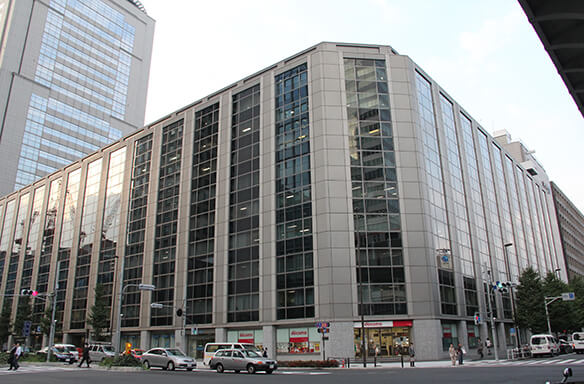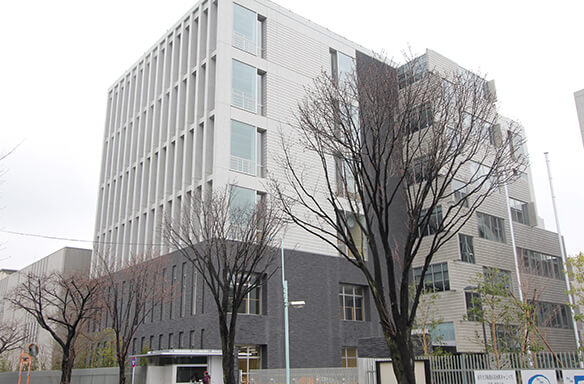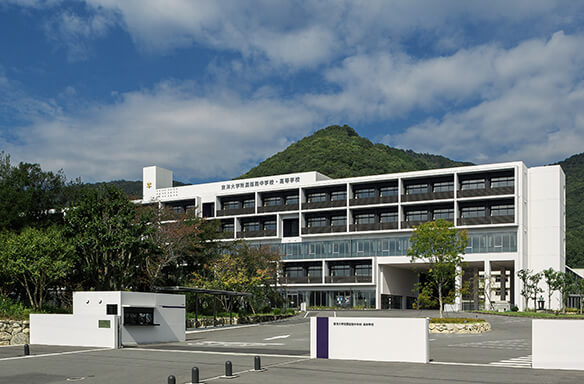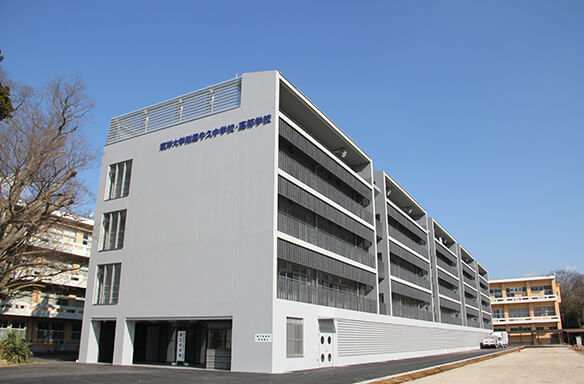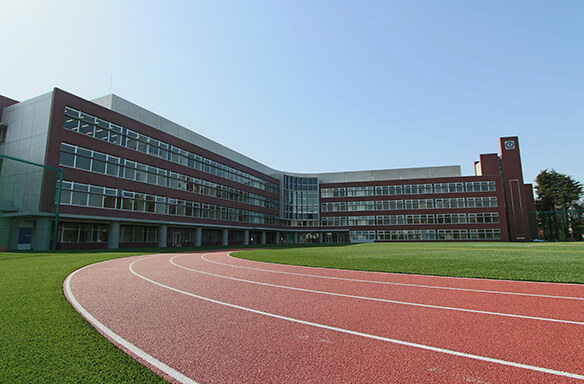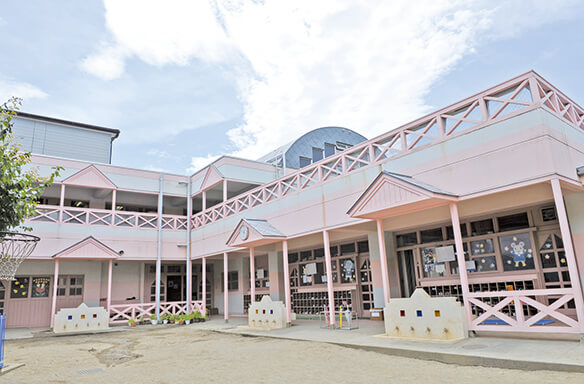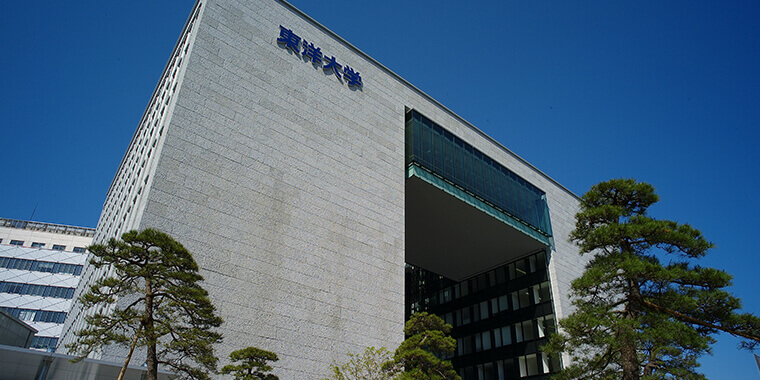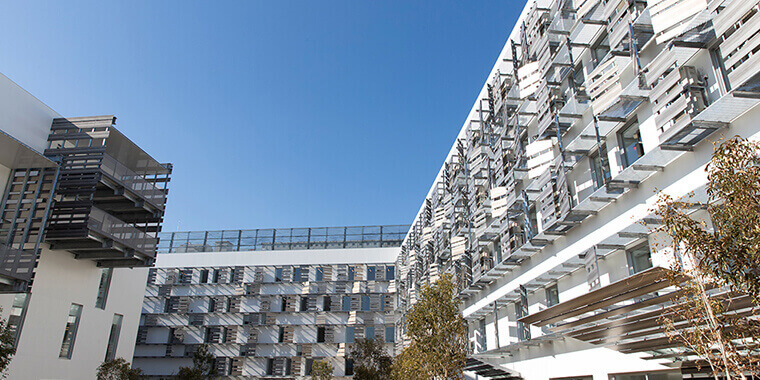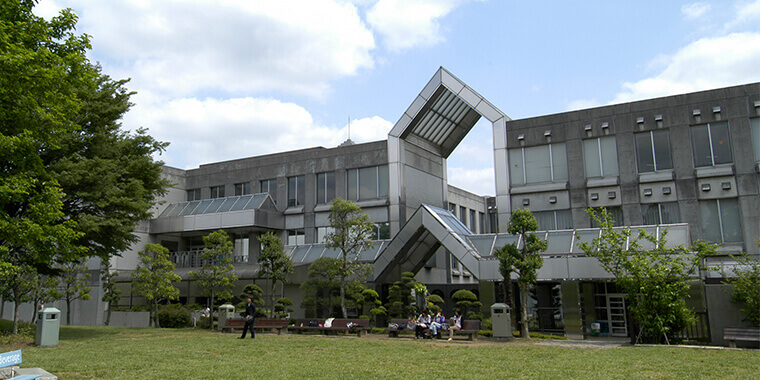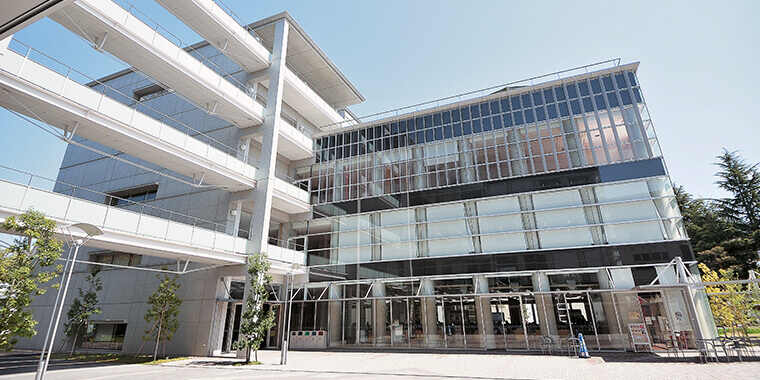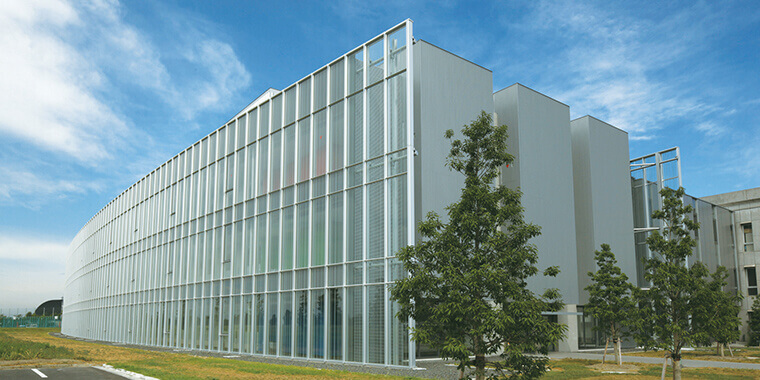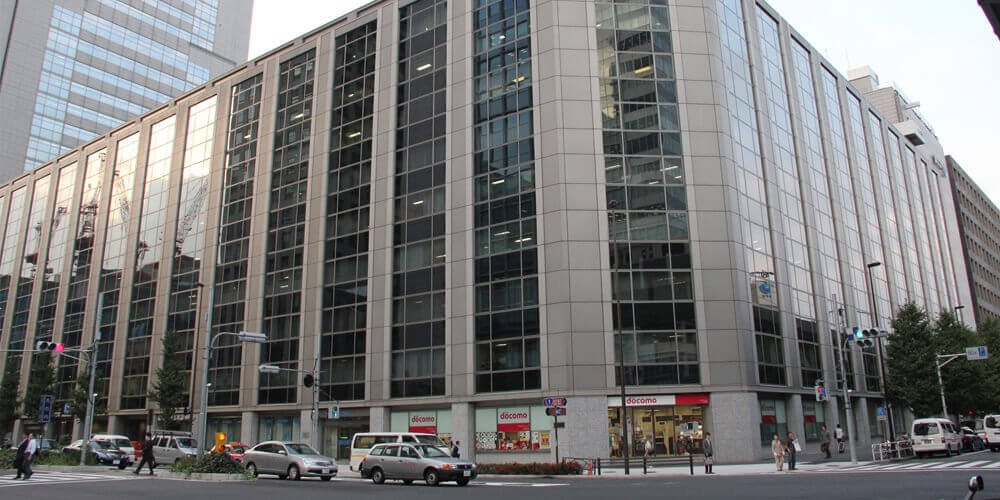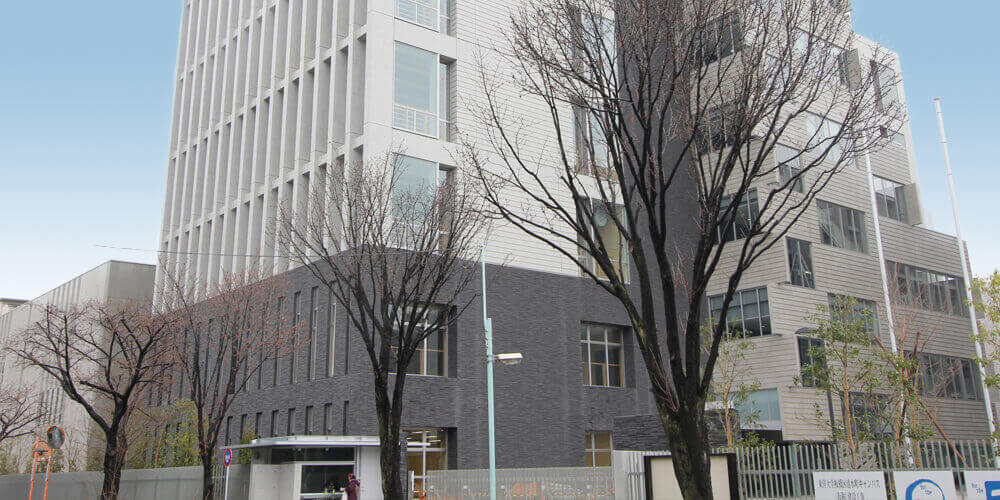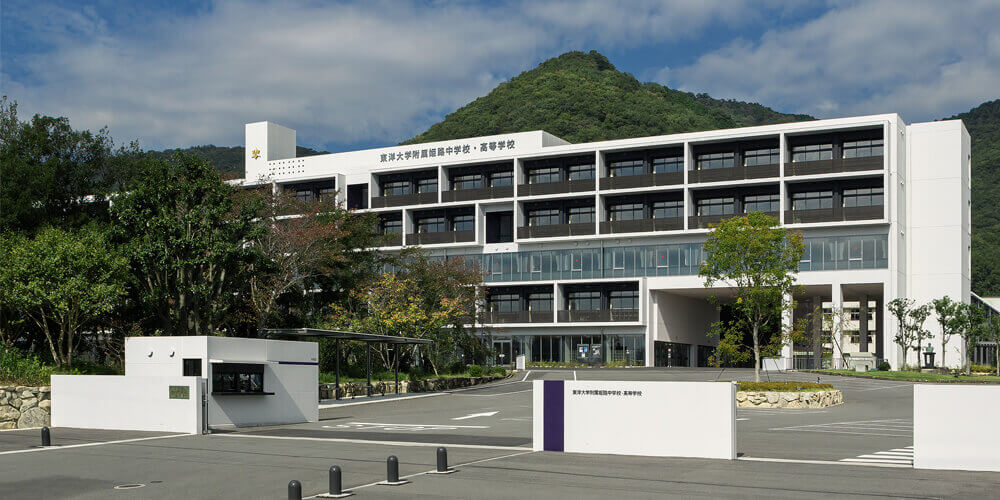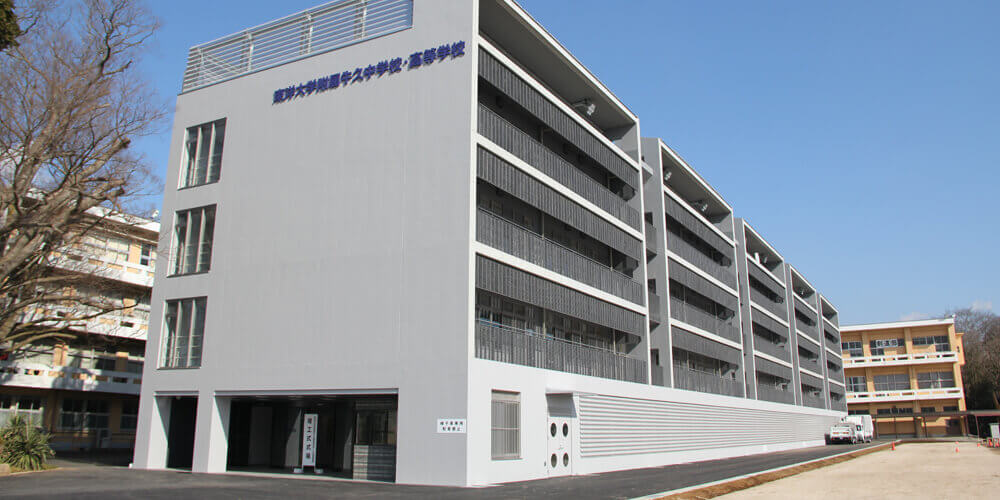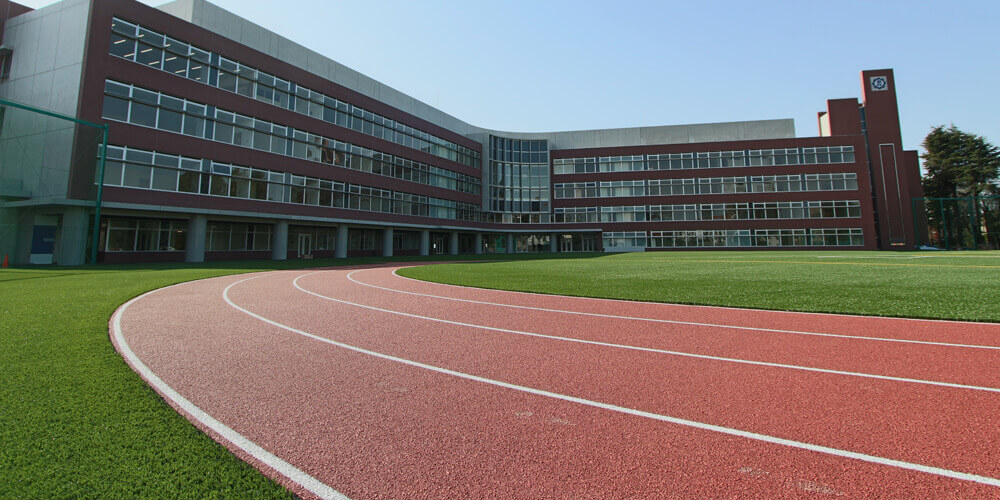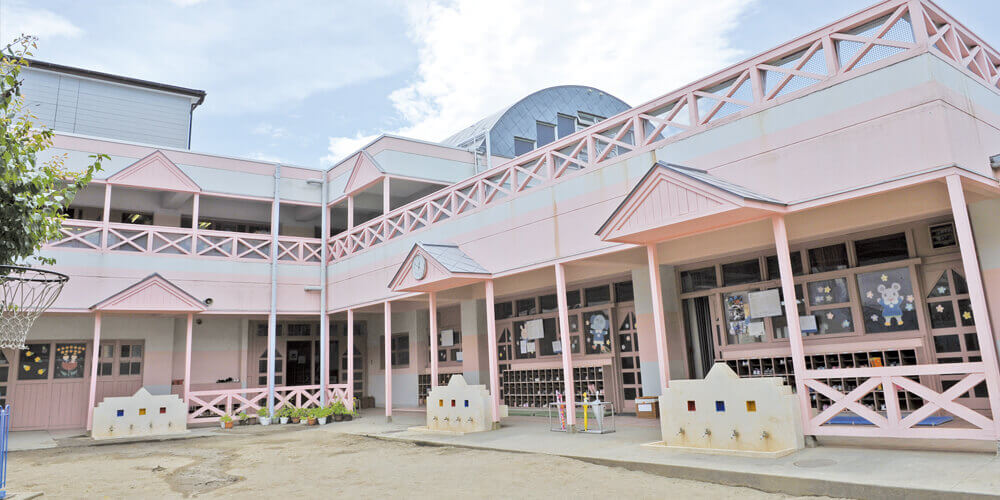1858(安政5)年、慈光寺(新潟県長岡市)の長男として生誕。10歳で明治維新を経験し、漢学・洋学を学ぶ。20歳で設立直後の東京大学第1期生として予備門へ入学、23歳で文学部哲学科ただ一人の新入生となる。「哲学」という西洋の古代から近代まで発達してきた学問の本質を学びながら研究を重ね、「諸学の基礎は哲学にあり」と確信。そして、幼少期より身近にあった「仏教」を見直し、東洋哲学を発見した。大学を首席で卒業した2年後の1887(明治20)年、東洋大学の前身となる「私立哲学館」を創立。
「哲学の研究・普及が文明を発展させるために不可欠」と考え、著作と学校教育・社会教育による哲学の普及に身を捧げ、「東洋の日本」から「世界の日本」を志し、海外を視察するなど、明治時代の日本で新しい教育の扉を開くことに尽力した。1919(大正8)年、中国大連での講演中に倒れ、61歳で逝去。
Born as the eldest son of the chief priest at Jiko-ji Temple (Nagaoka City, Niigata Prefecture) in 1858, Enryo Inoue experienced the Meiji Restoration at the age of 10 and learned Chinese and Western studies.
When he was 20, Enryo Inoue entered the Preparatory School of the newly established University of Tokyo as one of its first students. At age 23, he was admitted to the Department of Philosophy, Faculty of Letters at the university, as the department’s sole first-year student. After serious efforts to conduct research while learning the essence of “philosophy” as an academic discipline that had developed in the West since ancient times until the modern age, he became confident that “the basis of all learning lies in philosophy.” Then, taking a fresh look at Buddhism, which had been close to him since his childhood, he discovered Eastern philosophy. In 1887, two years after graduating as the top student from the University of Tokyo, he founded the Shiritsu Tetsugakukan, the predecessor of Toyo University.
With the belief that the study and dissemination of philosophy are essential to the development of civilization, he devoted himself to spreading philosophy through writing, school education, and social education. Aiming to raise Japan from just an Asian country to one with a strong global presence, he also made tireless efforts to open the door of modern education in Meiji Japan by making overseas tours and through other means.
In 1919, he collapsed when giving a lecture in Dalian, China, and passed away at the age of 61.
In 2019, which marks the centennial of Toyo University founder Enryo Inoue’s death, we will hold various memorial events, including symposiums and lectures.
